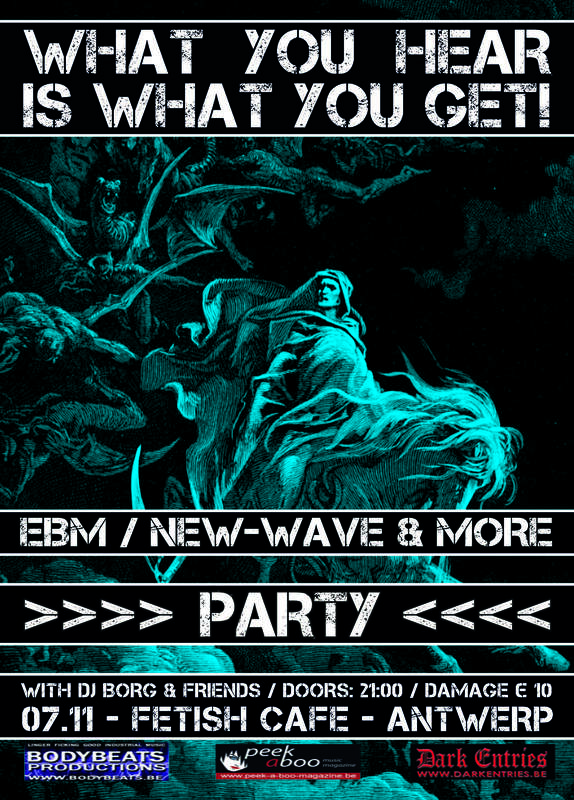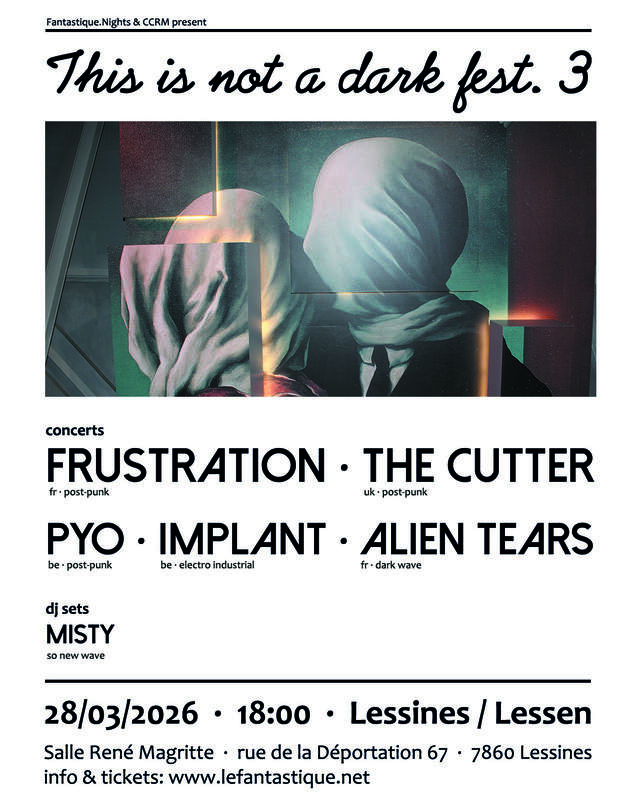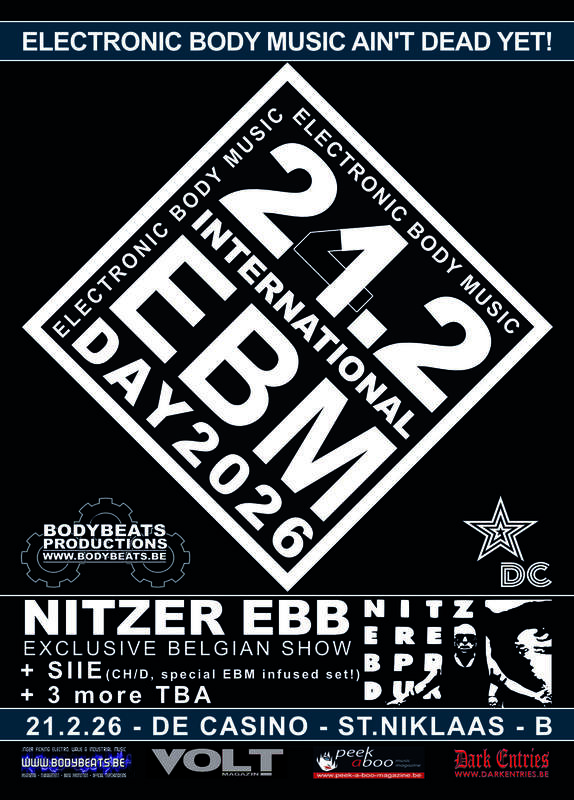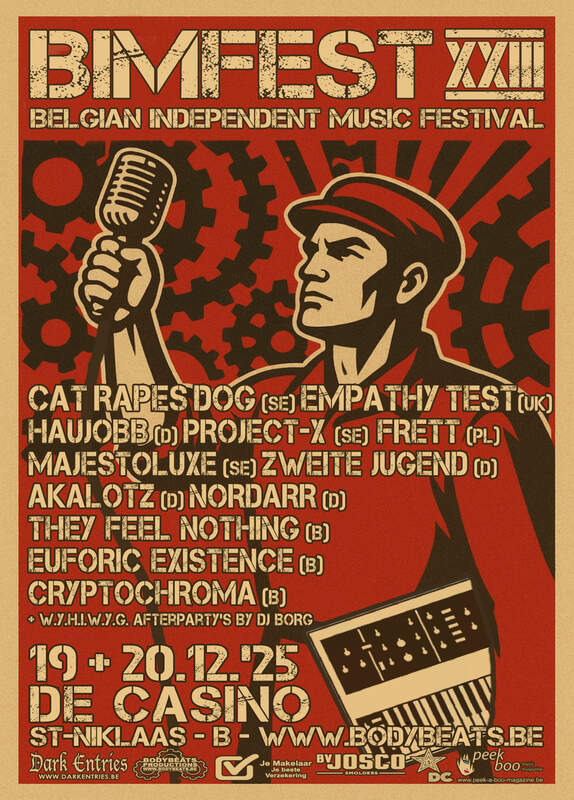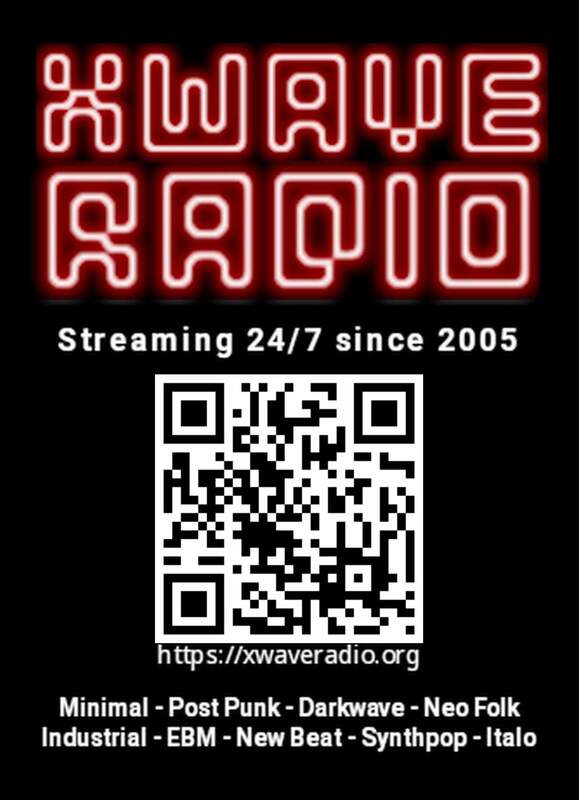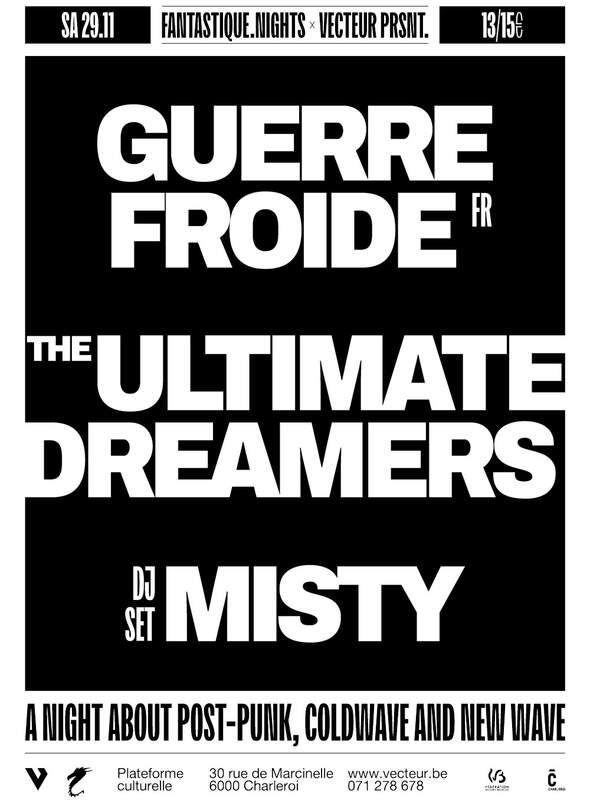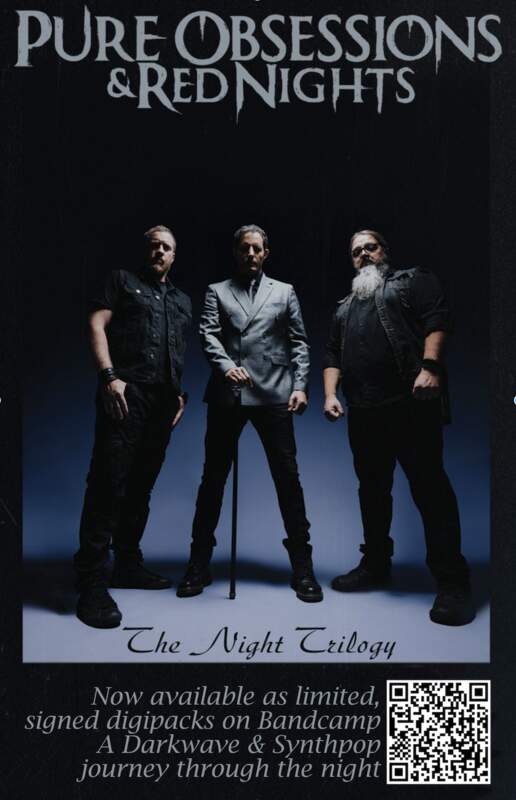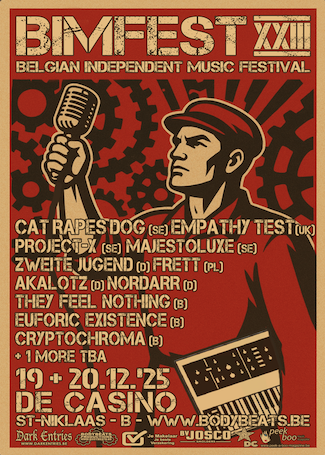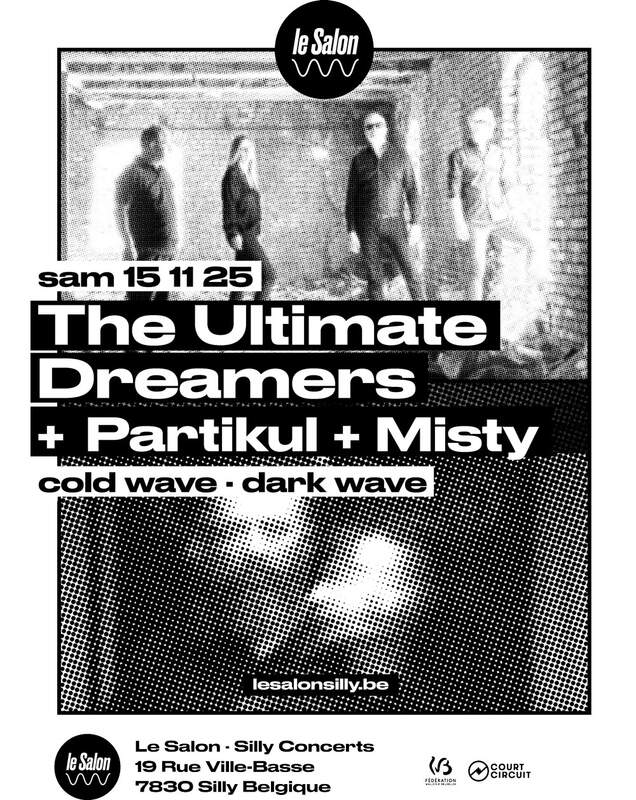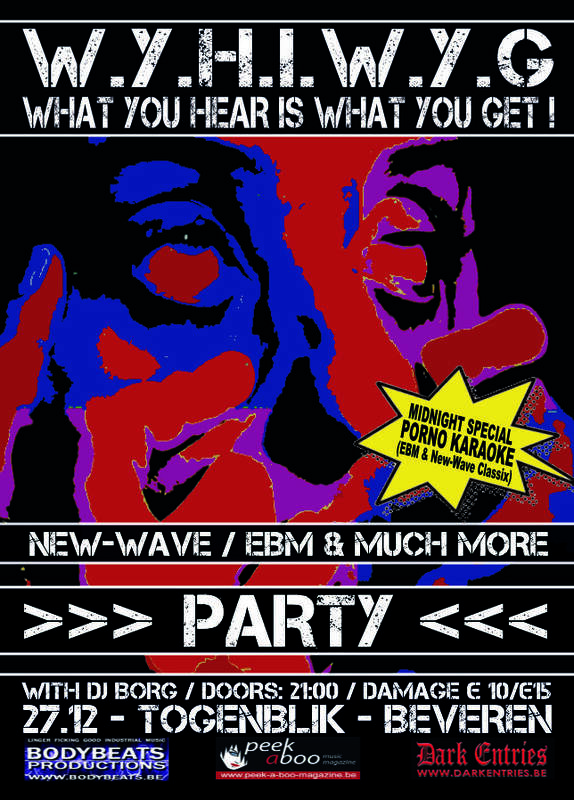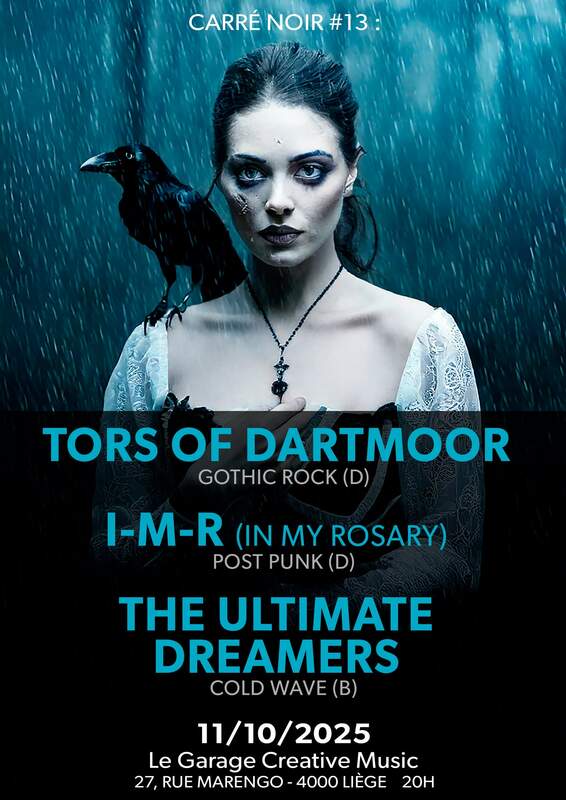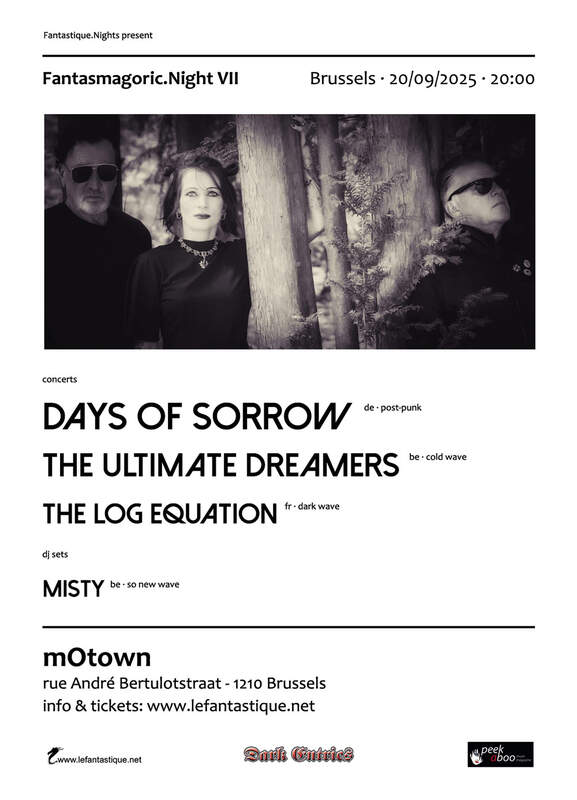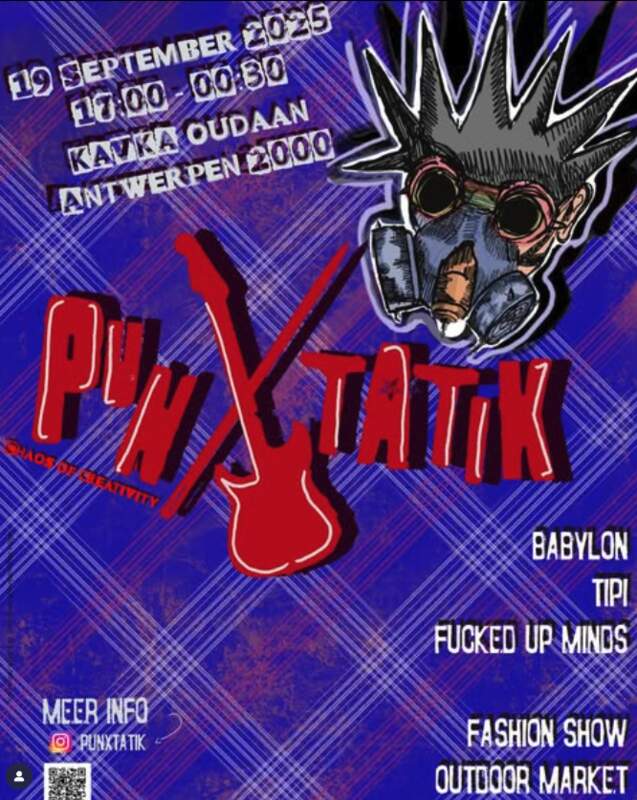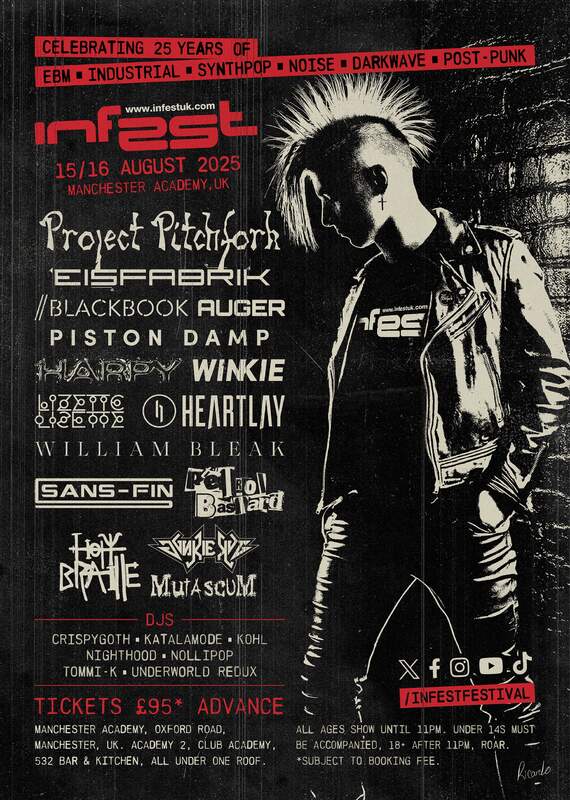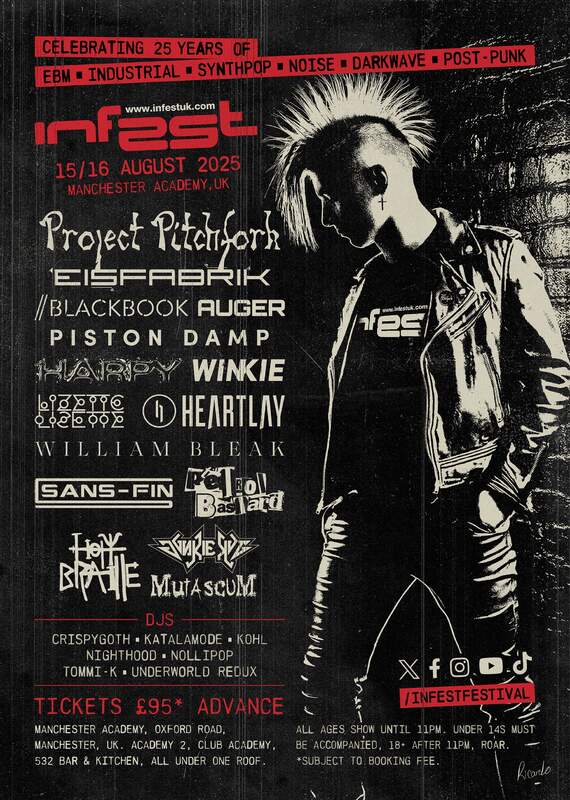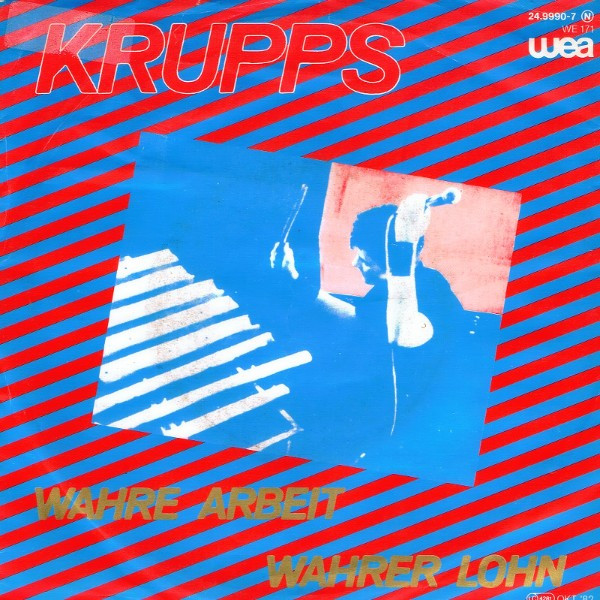
43 years of “Wahre Arbeit, Wahrer Lohn” by Die Krupps: A Blueprint for Industrial Resistance
Die Krupps – “Wahre Arbeit, Wahrer Lohn” (October 1982): A Blueprint for Industrial Resistance
In October 1982, that is 43 years agao, German band Die Krupps released “Wahre Arbeit, Wahrer Lohn” (“True Work, True Pay”), a single that would come to define the early shape of industrial and EBM (Electronic Body Music). Emerging from Düsseldorf’s post-punk and avant-garde underground, Die Krupps — founded by Jürgen Engler and Bernward Malaka — fused metallic percussion, synthesizers, and political critique into a sound that was as mechanical as it was militant.
The title track’s pounding rhythm and relentless metallic clangs evoked the noise of factories and assembly lines, turning industrial labour itself into music. Its lyrics, delivered in German, drew attention to the alienation of modern work and the false promises of productivity and progress. The refrain, “Wahre Arbeit, Wahrer Lohn,” was both a slogan and a provocation — echoing socialist rhetoric while questioning its exploitation under capitalist systems.
Musically, the single marked a decisive shift from the band’s earlier experiments with steel percussion toward a more electronic sound, foreshadowing the emergence of EBM. It shared aesthetic territory with contemporaries like D.A.F. and Einstürzende Neubauten, yet Die Krupps’ approach was more disciplined and anthemic, laying the groundwork for the industrial dance sound that would later influence acts such as Front 242, Nitzer Ebb, and Ministry.
Released on the German label Schneeball, the single also featured a B-side instrumental version that amplified its hypnotic, machine-driven pulse. Over the years, “Wahre Arbeit, Wahrer Lohn” has remained one of Die Krupps’ most iconic works — not only a cornerstone of early industrial music but also a timeless statement on the mechanization of human life. Four decades later, its rhythm still pounds like a factory heart, unrelenting and defiant.



